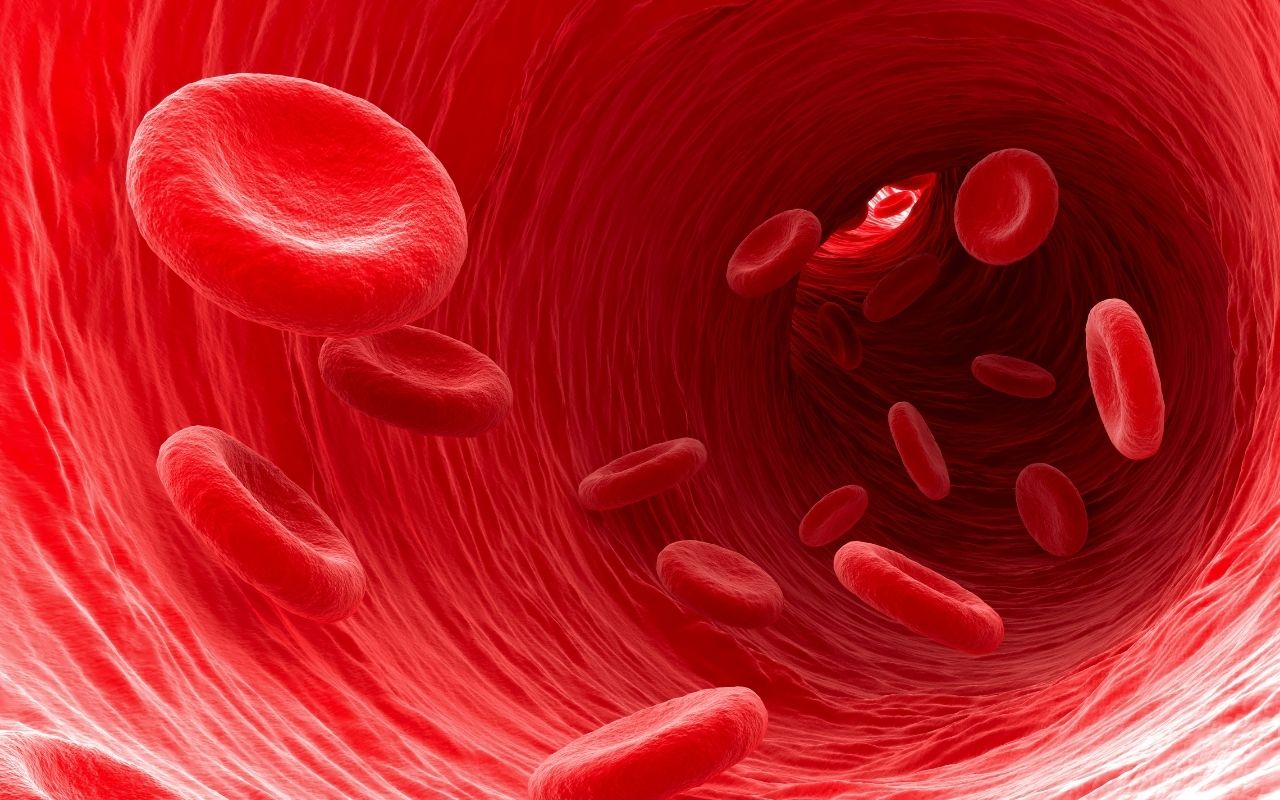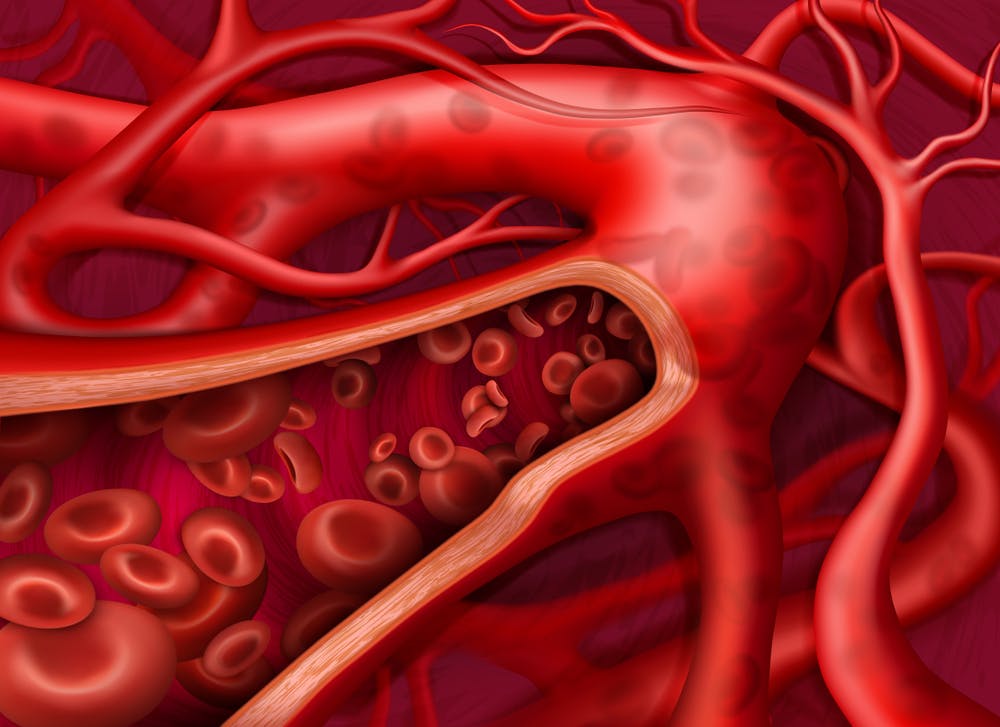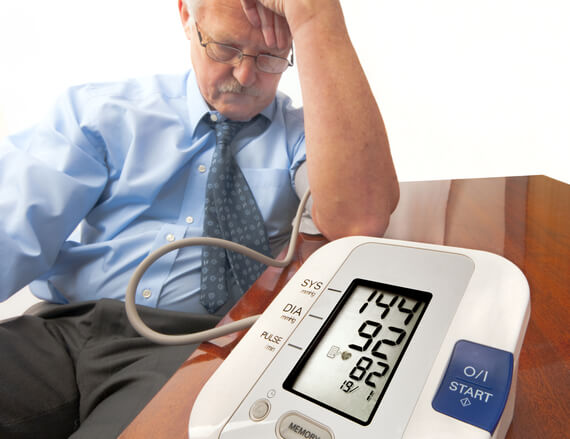This article explores the root causes of dizziness due to poor circulation and shares practical strategies to improve blood circulation daily, so you can feel healthier, more alert, and reduce the risk of sudden dizzy spells.
The Link Between Blood Circulation and Dizziness
Blood circulation is the process of transporting blood from the heart to all organs and back. When circulation functions properly, the brain receives adequate oxygen and nutrients to stay alert and balanced. But if the blood flow to the brain slows, weakens, or becomes blocked, you may experience:
- Dizziness when changing positions (e.g., from sitting to standing)
- Blurred vision or temporary loss of focus
- Loss of balance or feeling unsteady
- Fatigue, nausea, or unexplained drowsiness
These are signs that blood isn’t reaching the brain in time—a condition sometimes referred to as “transient cerebral hypoperfusion.” Left unaddressed, it can severely impact daily life and work performance.
Causes of Poor Blood Circulation
Poor circulation occurs when blood doesn’t reach organs efficiently or evenly, disrupting oxygen and nutrient delivery. Many causes are related to lifestyle or underlying health conditions.
Sedentary lifestyle and lack of movement
Sitting too long or being physically inactive is one of the most common causes of reduced blood flow.
- Lack of muscle movement reduces the ability to pump blood back to the heart, especially from the legs
- Blood can pool in the lower limbs, increasing the risk of clots, swelling, or varicose veins
- Inactivity also reduces oxygen supply to the brain, causing frequent dizziness and fatigue

Do not be lazy about exercising if you want to improve blood circulation
Nutritional deficiencies
An imbalanced diet directly affects blood quality and circulation:
- Deficiencies in iron, folic acid, and vitamin B12 reduce red blood cell production, leading to anemia and decreased oxygen delivery
- Low omega-3 intake reduces blood vessel flexibility and increases plaque risk
- High consumption of saturated fats, fried foods, and sugar contributes to high cholesterol and arterial stiffness
Sleep deprivation and sleep disorders
Sleep is when the autonomic nervous system, which controls heart rate and blood vessel tone, regulates itself.
- Poor sleep quality disrupts vascular regulation and may cause unstable blood pressure
- Chronic insomnia often leads to reduced cerebral blood flow, causing dizziness and cognitive decline
Chronic stress
Stress activates the sympathetic nervous system, causing blood vessels to constrict and raising heart rate and blood pressure.
- Long-term stress reduces blood flow to the brain and heart
- It can trigger transient ischemic symptoms, including dizziness and heart palpitations
- Stress also worsens habits like smoking, poor eating, and alcohol consumption—all detrimental to circulation
Dehydration and thickened blood
Not drinking enough water is a surprisingly common problem:
- Blood becomes more viscous, reducing flow and increasing clot risk
- This is particularly dangerous for seniors and individuals with cardiovascular conditions
Underlying medical conditions
Chronic diseases can impair blood circulation directly or indirectly:
- Low blood pressure limits the force needed to push blood to the brain
- Diabetes damages small blood vessels, reducing their elasticity
- Atherosclerosis narrows arteries due to cholesterol buildup
- Arrhythmia or heart failure reduces the heart’s pumping ability
- Obesity puts excess pressure on the heart and vessels, hindering circulation
7 Effective Ways to Improve Blood Circulation and Reduce Dizziness
Gentle daily exercise
Exercise boosts circulation, strengthens the heart, and ensures more oxygen reaches the brain.
Suggested activities:
- 20–30 minutes of brisk walking
- Yoga, tai chi, or full-body stretching
- Neck, shoulder, and leg exercises—especially for desk workers
Note: Avoid standing up too quickly after sitting; change posture gradually.
Eat circulation-supporting foods
A nutrient-rich diet improves blood quality and vessel function.
Recommended foods:
- Fatty fish: salmon, mackerel – high in omega-3
- Green vegetables: spinach, amaranth, broccoli – rich in folate and vitamin K
- Berries and citrus: blueberries, pomegranate, oranges – antioxidant-rich
- Nuts and seeds: almonds, chia seeds, walnuts
- Ginger, turmeric, garlic – anti-inflammatory and circulation-boosting
Limit: fried foods, processed snacks, excess sugar and salt.
Stay well-hydrated
Proper hydration keeps blood flowing smoothly. Dehydration thickens blood and slows circulation.
Tips:
- Drink 1.5–2 liters of water daily
- Prefer warm water and fresh fruit juices
- Avoid soda and sugary industrial drinks
Get enough quality sleep
Sleep is essential for the nervous and cardiovascular systems to reset and function properly.
Tips for better sleep:
- Maintain a regular bedtime
- Avoid screens before bed
- Soak feet in warm water and listen to calming music
Practice deep breathing and meditation
Breathing exercises and meditation regulate heart rate and relax blood vessels.
Try this technique:
- Sit still, inhale for 4 seconds – hold for 4 seconds – exhale for 6 seconds
- Practice for 5–10 minutes in the morning or before bed
Massage the neck and shoulder area
This region contains arteries that supply blood to the brain.
- Gentle massage improves blood flow
- Relieves muscle tension
- Prevents minor vascular blockages
Use massage oil or essential oils for added benefit.
Correct postural habits
- Avoid sitting cross-legged for long periods
- Don’t bend your neck for extended periods
- Avoid wearing tight headbands or hats
- Don’t twist or jerk your neck suddenly

Avoid rotating your neck too forcefully, as it will hinder blood circulation improvement
When to See a Doctor
Seek medical help if dizziness is frequent and accompanied by:
- Severe headaches
- Weakness or numbness on one side of the body
- Slurred speech, blurred vision, or balance loss
- Irregular heartbeat or shortness of breath
- Existing heart, blood pressure, or diabetic conditions
Medical professionals can assess cerebral blood flow, blood pressure, heart function, and essential nutrients to rule out serious conditions.
Improving blood circulation isn’t just about avoiding dizziness—it’s a foundational solution for better health, mental clarity, and disease prevention.
Start with small changes every day: drink enough water, move your body, eat smart, rest well, and—most importantly—listen to your body. When blood flows properly, you’ll feel the difference: clearer thinking, lighter movement, and abundant energy.






